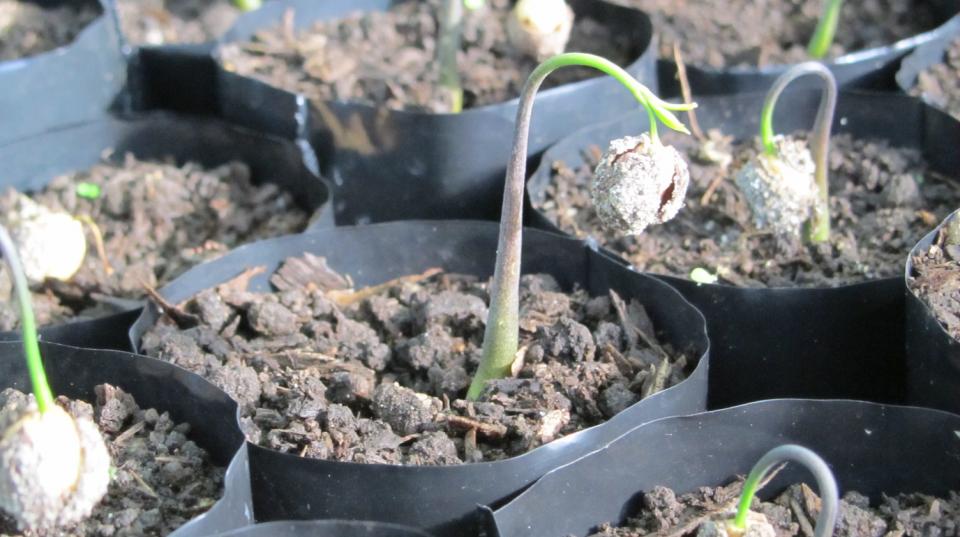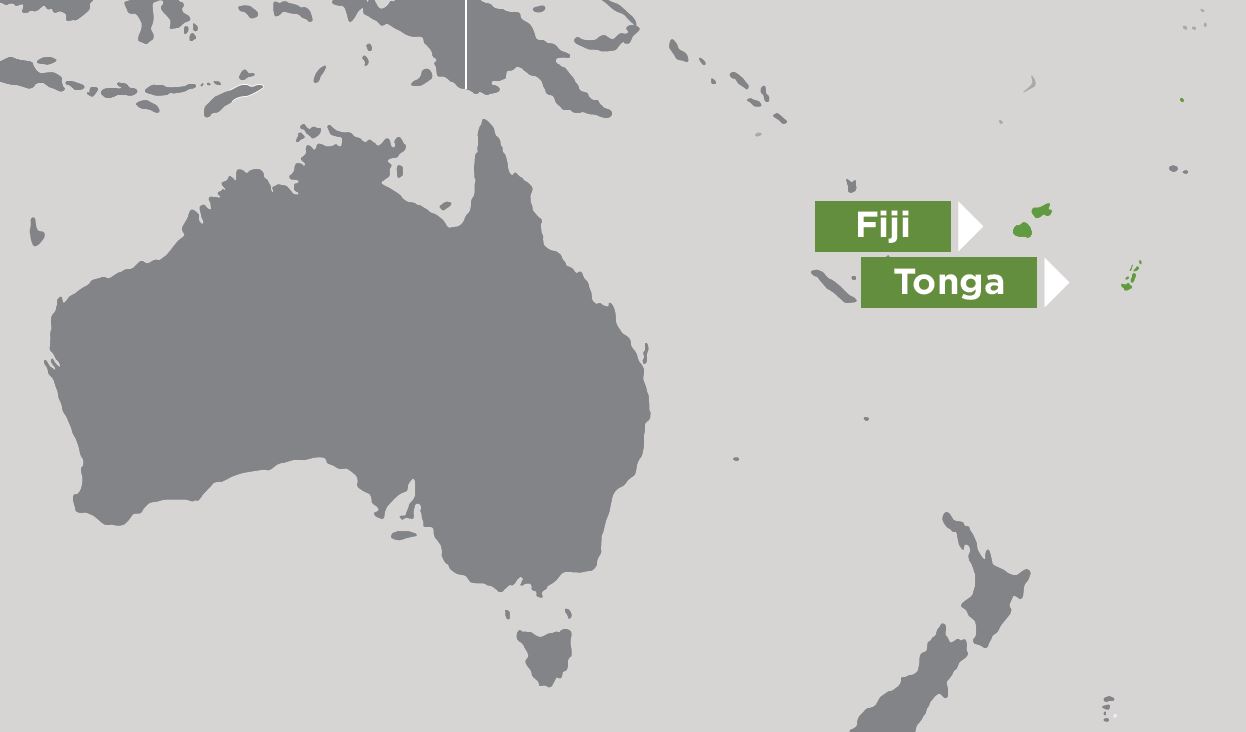Overview
This project aimed to establish the foundation for conservation and domestication of native sandalwood (S. yasi) in Fiji and Tonga to support the development of a sustainable industry.
Native sandalwood (Santalum yasi) is an important forest product throughout its natural range in Fiji and Tonga. However, years of overharvesting have seriously depleted this resource, and has significantly reduced the genetic diversity within local stands.
Inbreeding has negative consequences for plantations established with seed from local seed sources. However, ongoing demand for high-quality sandalwood and sandalwood oil creates an opportunity to develop a sustainable, planted resource in Fiji and Tonga.
The project aimed to secure the future of the species and underpin an industry by developing conservation and seed production stands based on genetic materials collected from a wide range of sites within Fiji and Tonga. The project will also develop a formal conservation and genetic improvement strategy as well as a roadmap for further development of the sandalwood industry in both countries.
Project outcomes
- Capacity of government agencies and their staff in Fiji and Tonga to carry out domestication and tree breeding activities strengthened.
- The development of strong, well-considered policy positions in Fiji and Tonga on Santalum industry development with respect to indigenous and exotic sandalwood species to provide clarity to industry stakeholders, including prospective investors, and the avoidance of unintended consequences.
- Conservation of remnant genetic resources for S. yasi, to secure the future for this crucial commercial species and also provide a foundation for development of S. yasi as a sustainable, economic agroforestry tree crop.
- Smallholders and commercial investors likely to benefit from the availability of S. yasi germplasm for planting material with greater genetic diversity and productivity.







